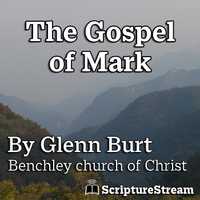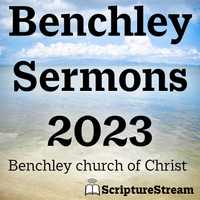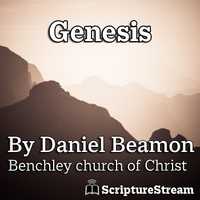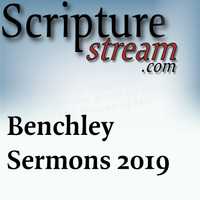Introduction to the book
- I Peter 5:13 – Mark was not a physical son. This is referring to a spiritual relationship.
- Colossians 4:10
- Mark worked with Peter and Paul.
- Antioch – Jerusalem
- Acts 11:29-30
- Jerusalem
- Acts 12:5, 12
- Act 12:1-17 – Paul and Barnabas in Jerusalem.
Travels of Mark
- Antioch (45 AD) – Acts 12:25
- Salamis (48 AD) – Acts 13:5
- Perga – Acts 13:13
- Jerusalem (49 AD) – Mark back home
- Antioch (52 AD) – Mark with Paul and Barnabas
- Cyprus – Acts 15:37-39 – Mark with Barnabas (the last we hear about Barnabas)
- Rome (63 AD) – Mark with Paul during his first imprisonment
- Colossians 4:10-11; Philemon 1:23-24
- Babylon (I Peter 5:13) – Mark with Peter in Babylon
- Asia Minor (68 AD) – II Timothy 4:11 – Mark with Timothy during Paul’s second imprisonment
- Rome: Until Paul was killed
- Alexandria, Egypt – Preached and was martyred there
Timeline
- Mark was written about 67 AD according to most sources, although some say it was written about 48 AD, before Matthew.




